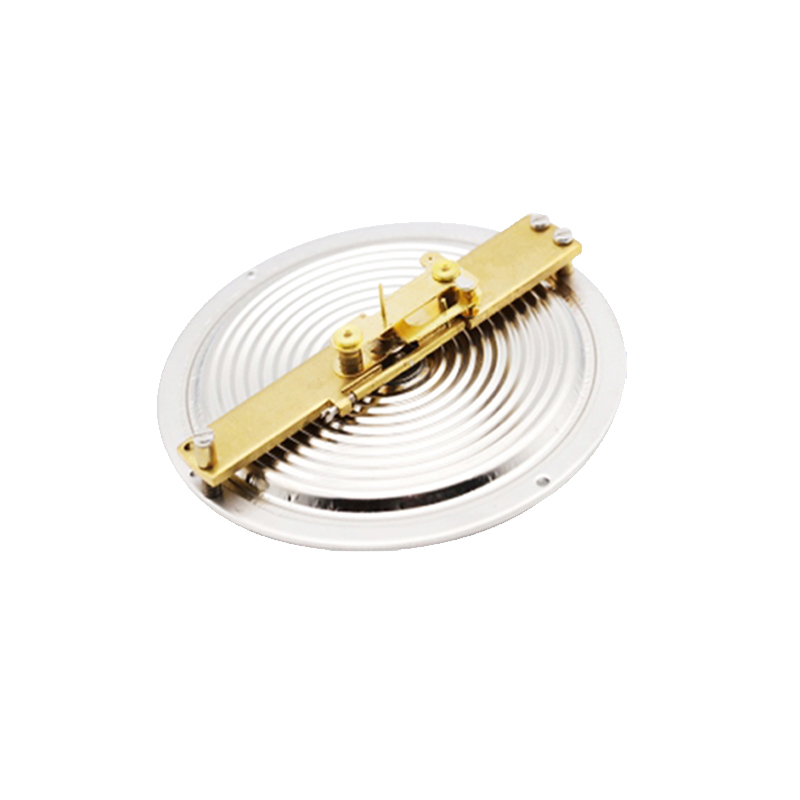
Dec . 12, 2024 10:04 Back to list
custom diaphragm pressure gauge price
Understanding the Price of Custom Diaphragm Pressure Gauges
Pressure gauges play a critical role in various industries by measuring and displaying the pressure of liquids and gases. Among the various types of pressure gauges available, custom diaphragm pressure gauges are particularly notable for their versatility and accuracy. As industries become increasingly specialized, the demand for tailored solutions, such as custom diaphragm pressure gauges, has risen. This article will explore the factors influencing the price of custom diaphragm pressure gauges, providing insights into why prices can vary widely from one application to another.
What are Custom Diaphragm Pressure Gauges?
Diaphragm pressure gauges are designed to measure pressure by utilizing a flexible diaphragm that deflects in response to pressure changes. These gauges are particularly effective in applications where the medium being measured is corrosive, viscous, or contains particulates, making them a popular choice in industries such as chemical processing, oil and gas, and food and beverage. Custom gauges are made to specific requirements, whether that be for particular pressure ranges, sizes, materials, or features, thus providing better measurement accuracy and reliability.
Factors Influencing Price
1. Material Selection One of the most significant factors affecting the price of custom diaphragm pressure gauges is the materials used in their construction. For example, gauges made of stainless steel or Hastelloy may cost more than those made of lower-grade materials due to their resistance to corrosion and durability in harsh environments. Additionally, specific materials may be required for FDA compliance in food applications or to withstand high temperatures or pressure conditions.
2. Size and Pressure Range The size of the pressure gauge and the maximum pressure it can measure are also critical factors. Larger gauges or those designed to handle high-pressure scenarios typically come with a higher price tag. Custom gauges need to be engineered to handle particular pressure readings, and the complexity involved in such fabrication can escalate costs.
3. Customization Level The degree of customization significantly impacts pricing. Minor alterations to an existing gauge may not add much to the cost, while completely bespoke designs require more engineering time, resulting in higher prices. Features such as digital displays, advanced calibration, and integrated outputs can also increase costs, as they require more sophisticated technology.
custom diaphragm pressure gauge price

4. Manufacturing Process The complexity of the manufacturing process also plays a crucial role in pricing. Custom gauges often require specialized production techniques, additional quality controls, and longer lead times. These factors contribute to increased labor and material costs, which are passed on to the customer.
5. Brand and Reputation The manufacturer’s brand and reputation influence price points as well. Established brands known for high quality and reliability may charge a premium for their products. However, investing in a reputable brand can often save costs in the long run through reduced maintenance and longer product lifespans.
6. Market Demand and Supply Like any other product, the prices of custom diaphragm pressure gauges are also subject to market dynamics. Changes in demand, the availability of raw materials, or disruptions in supply chains can all directly affect pricing.
Price Ranges
While the price for custom diaphragm pressure gauges can vary widely, typical ranges can be from $100 to over $1,000. Simple, standard models may cost less, while highly specialized gauges with advanced features or materials will command higher prices.
Conclusion
Investing in a custom diaphragm pressure gauge can provide significant benefits in terms of accuracy and longevity, especially in demanding applications. Understanding the various factors that influence pricing is crucial for making an informed purchasing decision. When considering the investment, it's essential to evaluate not only the initial cost but also the long-term value provided by a reliable and customized gauge solution. Businesses should weigh their specific needs against their budget to find the best fit for their pressure measurement requirements.
-
Precision Differential Pressure Gauge Assembly Reliable & Customizable Solutions
NewsMay.29,2025
-
WIKA Sanitary Diaphragm Pressure Gauge High Precision & Durability
NewsMay.29,2025
-
HD Fire Pressure Gauges High Accuracy & Durable Solutions
NewsMay.28,2025
-
Custom Singles Capsule Systems Top Exporters & Factories
NewsMay.28,2025
-
Piston-Style Differential Pressure Gauges Precision & Durability
NewsMay.28,2025
-
WIKA Differential Pressure Gauge 700.04 High-Accuracy Industrial Measurement
NewsMay.28,2025
